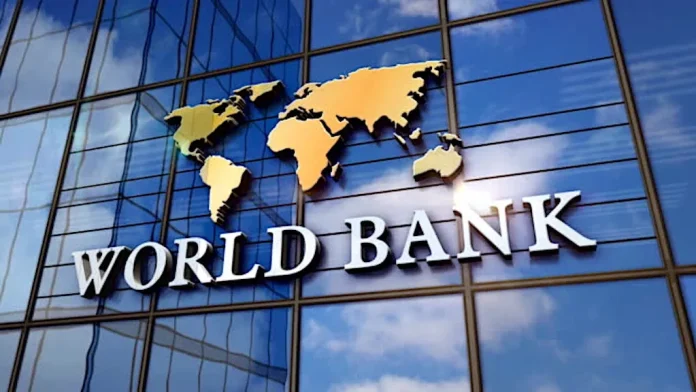BY RITA OYIBOKA
DELTA State Government has announced plans to commence a new phase of its World Bank–supported empowerment initiative, tagged “Delta CARES 2.0”, in January 2026.
This phase, part of the state’s Livelihood Support Programme, is designed to build economic resilience among small-scale entrepreneurs and households.
The Executive Assistant to the Governor on Social Investment Programmes and Technical Head of the World Bank Livelihood Support Programme, Dr. Isioma Okonta, disclosed this in an exclusive interview with The Pointer. He explained that the forthcoming phase will shift focus from COVID-19 recovery to economic stabilisation and sustainability for small business owners and households.
Dr Okonta commended Governor Sheriff Oborevwori for his continued compassion towards the poor and vulnerable, citing the recently revived Widows’ Welfare Scheme as proof of his commitment. Under the scheme, 10,000 verified widows across the 25 local government areas receive ₦15,000 each monthly, a gesture that has brought renewed hope to impoverished women across the state.
“The widows are very happy with the Governor. They’ve even passed votes of confidence in him in several Local Government Areas and have vowed to vote massively for him when the time comes,” he added.
He further praised the Governor for paying civil servants and pensioners promptly and for expanding empowerment opportunities for youths and women, stressing that Delta CARES 2.0 would consolidate that people-centred legacy.
According to him, the programme is designed to cushion the impact of the prevailing global downturn on individuals and families engaged in micro-enterprises such as petty trading, hairdressing, tailoring, and small-scale farming. Beneficiaries, he noted, will be drawn from the State Social Register after proper screening and verification to ensure transparency.
“This new phase is about helping people withstand the current economic pressure and bounce back stronger. We’re targeting economically active households and ensuring that every empowerment item aligns with each beneficiary’s skill and trade,” Okonta said.
He clarified that the CARES 2.0 model places emphasis on tailored support rather than generic handouts. “During 1.0, we gave cash, but monitoring cost us heavily. We had to keep sending field officers to ensure beneficiaries actually bought the items. It’s better to provide the specific tools they need directly. That way, you know they’re getting exactly what supports their livelihood,” he added.


